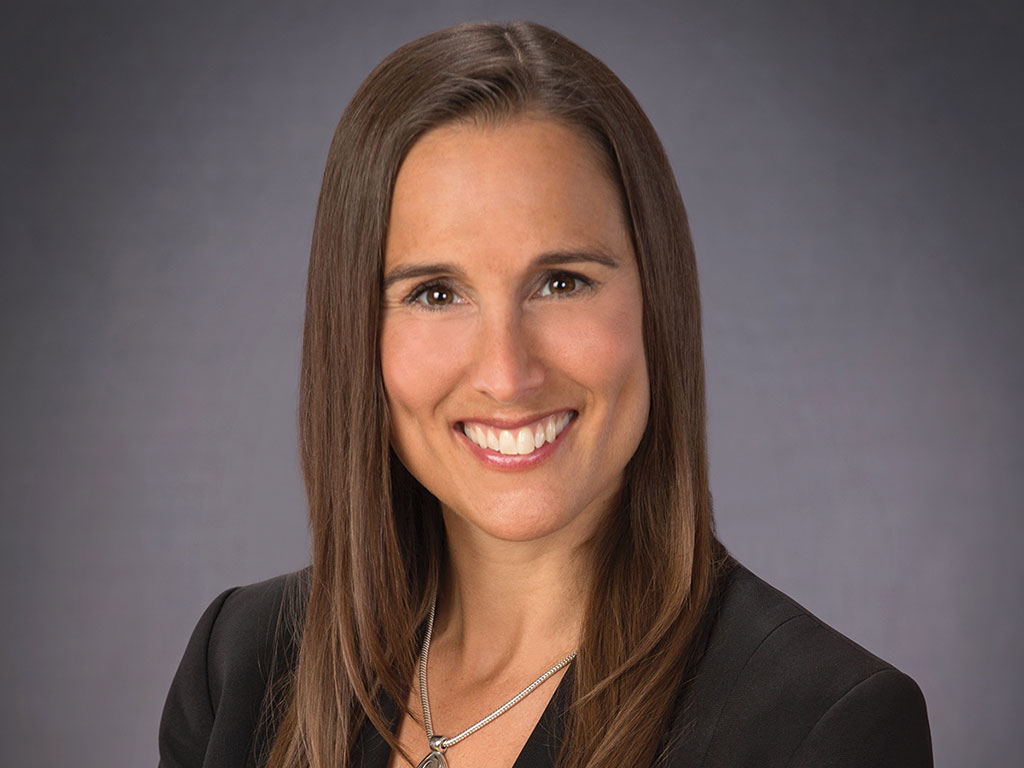Caring for caregivers
Jennifer Pilcher ’95 knows the intricacies of dementia, and how it can impact families—both personally and professionally.
Since graduating from Wheaton, she has dedicated her career and education to gerontology, including receiving her Ph.D. in the field from the University of Massachusetts. She has helped countless families take care of their loved ones affected by the condition as owner of Clear Guidance, a consulting and care management practice.
Pilcher also understands dementia on a deeply personal level.
While she was a junior at Wheaton, her grandfather died of a heart attack while taking care of her grandmother, who was diagnosed with early onset Alzheimer’s many years before. Pilcher said the stress of caretaking had negatively impacted his health.
“Losing my grandfather had a profound effect on me,” said Pilcher, who majored in psychology. “When I started at Wheaton, I was interested in early childhood education. But it was partly through this experience, and through my coursework in psychology, that I started to get interested in elder care.”
Pilcher gained experience in the field through internships at both the Alzheimer’s Association offices in Boston and in Salt Lake City. These experiences launched her career, which has included the leadership positions as director of development and program director at Hearthstone Alzheimer Care; director of development at AZA Care Management and Home Care; and senior executive director and executive director of care management at Overlook CARE Management.
In 2018, she founded Clear Guidance so she could work more directly with patients and families.
She offers advice for patients and families managing dementia:
Get a diagnosis. If you suspect someone is experiencing symptoms of dementia (e.g., memory loss, trouble with organization, issues with judgment and impulse control), contact a neurologist or memory clinic with experience in diagnosing and treating cognitive impairment.
Obtain legal advice. Learn about documentation, so your loved one can decide who ultimately will make decisions on their behalf. Hire an attorney who specializes in elder law, who can advise you on your eligibility for services to provide care in the future.
Learn behavioral strategies. Especially with less common types of dementia, patients can experience challenging behaviors such as anger, frustration and even aggression. A care manager, behavioral coach or dementia consultant can offer help with specific challenges.
Consistently and constantly evaluate risk. Getting ahead of a potential risk can avoid a crisis situation down the road. For example, getting a driving evaluation periodically can inform the family about when driving cessation is necessary.
Get support. Caregiving for a person with dementia is extremely stressful and can have a serious impact on the health of the caregiver. Join a support group. Simply knowing you are not alone and sharing your story can help you to manage the ups and downs.

